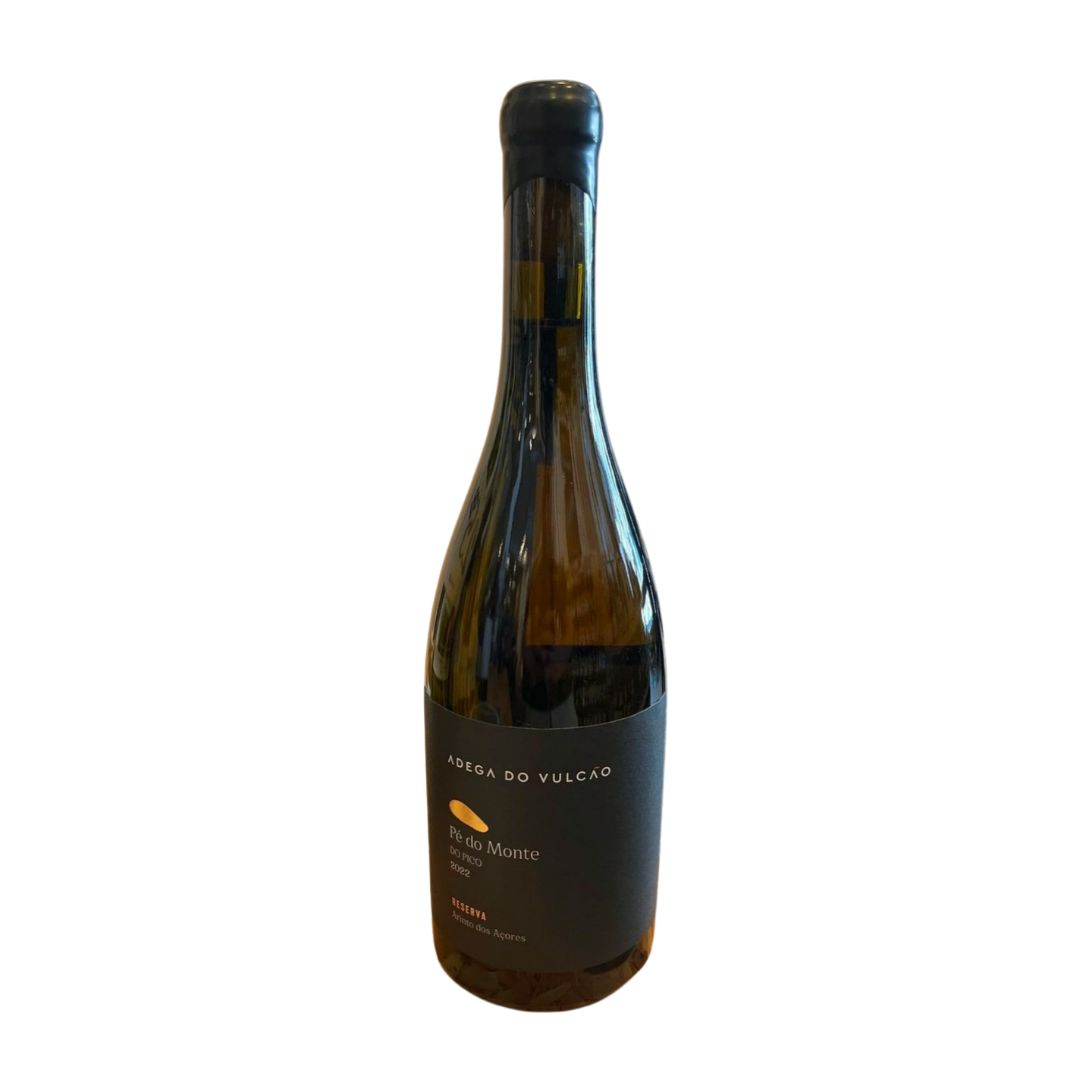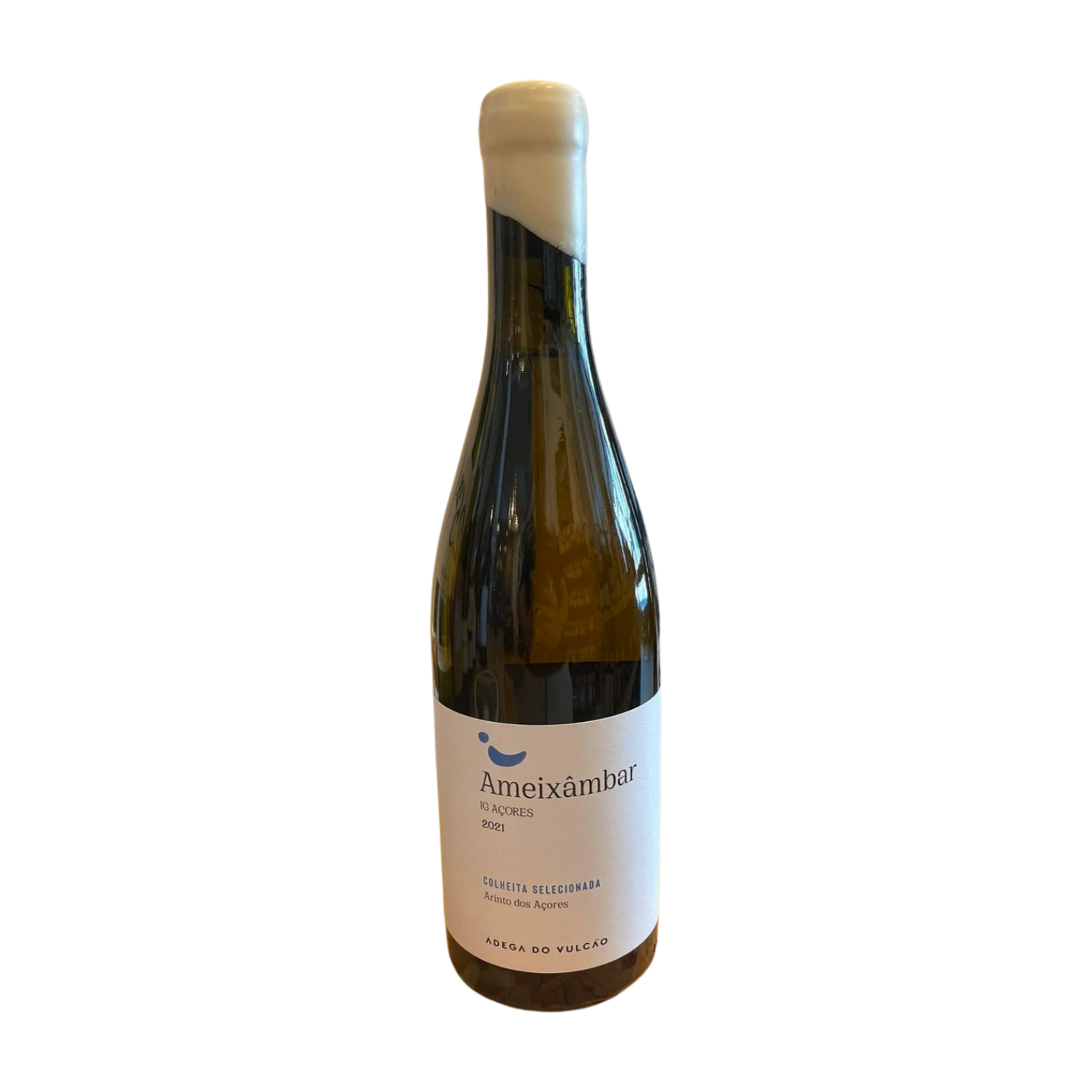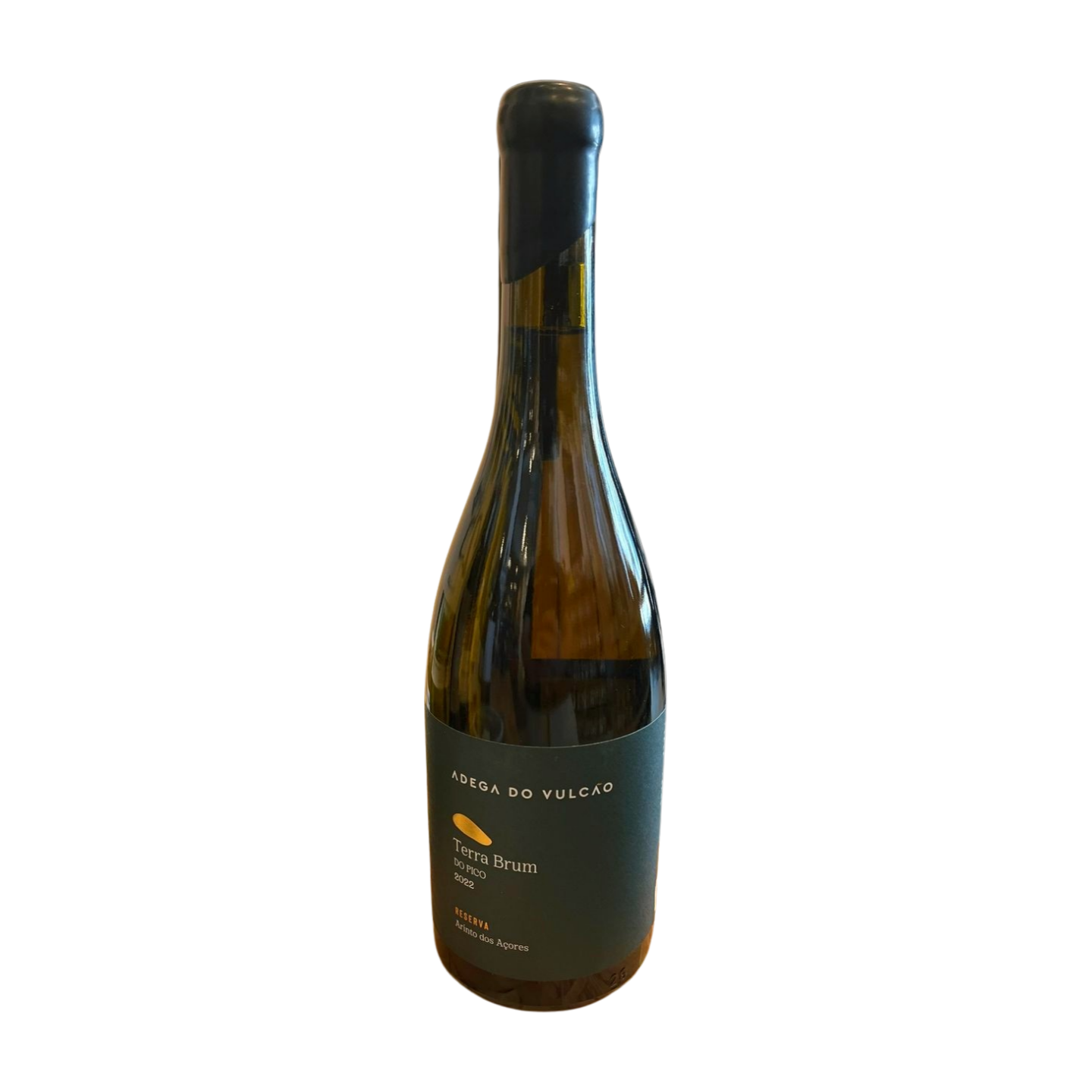Adega do Vulcão
Adega do Vulcão is deeply rooted in the rich history of Pico Island. Pico Island is an island in the Central Group of the Portuguese Açores. The winery's legacy intertwines with the island's volcanic landscape and the enduring spirit of its people. Generations of winemaking expertise have shaped the winery's philosophy, resulting in a profound respect for the land and its unique terroir.
Viticulture on Pico Island is a testament to human ingenuity and harmony with nature. Adega do Vulcão meticulously cultivates its vineyards within the iconic dry stone walls, a UNESCO World Heritage site. These walls protect the vines from the Atlantic winds, creating a microclimate ideal for grape ripening. The winery's viticultural practices are guided by sustainable principles, prioritizing minimal intervention and preserving the delicate balance of the ecosystem.
By embracing organic and biodynamic methods, Adega do Vulcão nurtures the soil health, enhances biodiversity, and minimizes the environmental impact. The winery's commitment to sustainability extends beyond the vineyard, encompassing energy efficiency, water conservation, and waste reduction practices.
Filters
Portuguese wine
Frequently asked questions
The entire country of Portugal is divided into 14 different wine regions, including in the Azores and Madeira islands. Some of Portugal's most famous winemaking regions include the Douro Valley (known for Port) and Vinho Verde (known for its light, refreshing white wines).
Portugal is becoming more well known for its orange wines, talha wines (traditionally made in clay pots), and palhete (made by blending red and white grapes together).
Portugal is best known for its fortified wine, called Port wine. It is produced in the Douro Valley, which is a UNESCO World Heritage Site and recognized as the world's first demarcated wine region, established in 1756.
Vinho Verde in northern Portugal is another popular winemaking region characterized by rolling hills and lush landscapes. It's known around the world for low-alcohol, refreshing white wines, although the region traditionally focused more on red wines made with the fruit-forward vinhão grape.
The Portuguese island of Madeira, with its subtropical climate, is renowned for its fortified wines. Winemaking here dates back to the 15th century, when Portuguese
explorers brought grape varieties from around the world.
Our sustainable, natural wine shop is located in the Marquês neighborhood in Porto, Portugal. We also ship to countries around the world, including within Europe, the United States, Canada, Australia, China, and more. Review our Shipping Policy to learn more.
In recent years, there has been a notable shift toward sustainable viticulture and the production of natural wine in Portugal. Many winemakers are implementing organic farming practices and embracing biodiversity to maintain soil health and reduce chemical inputs. This commitment to sustainability is not only beneficial for the environment but also enhances the quality of the wines, allowing the unique characteristics of the terroir to shine through. For example, some winemakers are now utilizing ancient terracotta amphorae for fermentation (called talha in Portuguese). This method preserves regional cultural heritage, enhances the wine's character, and aligns with sustainable practices by reducing reliance on modern materials.



